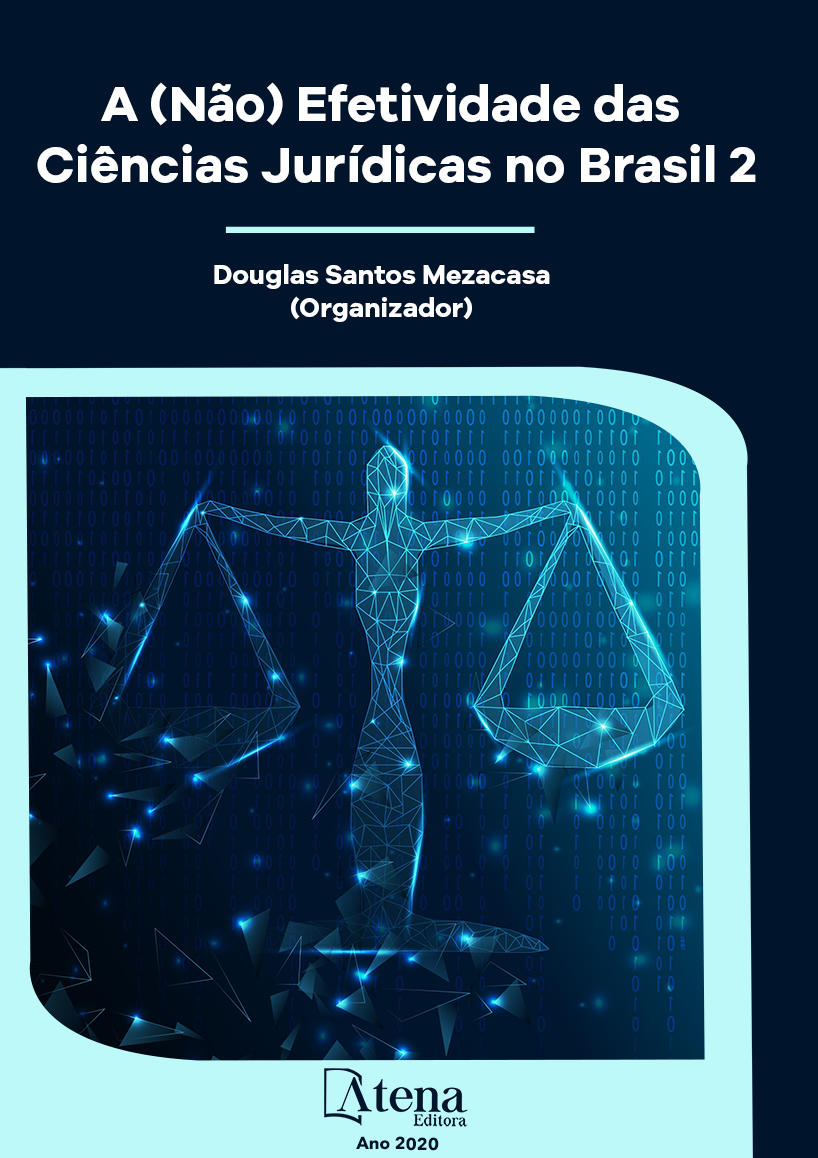
O PODER CONSTITUINTE ORIGINÁRIO, E SUAS LIMITAÇÕES EM FACE DOS DIREITOS HUMANOS E DO DIREITO INTERNACIONAL
O poder constituinte originário emerge como um dos grandes elementos teóricos que compõem as bases do Estado moderno. Tal teoria se predispõe a estabelecer balizas que explicam a criação, legitimidade e limitação das sociedades políticas, após a revolução francesa. Diante de tal quadro fático, imperioso analisar profundamente como tal criação teórica se desenvolve na dialética política-jurídica moderna, e de que maneira tal poder pode ser viabilizado e legitimado, após os giros paradigmáticos que ocasionaram o surgimento do Estado contemporâneo; tendo a proteção dos direitos Humanos como finalidade máxima. Para a realização de tal desafio, utilizou-se da análise bibliográfica especializada, onde se buscou a resposta para a indagação referente à possibilidade de se encontrar limitações a atuação moderna do poder constituinte. O desenvolvimento argumentativo da exposição teve como metodologia condutora a dialética-indutiva, uma vez que foram estudados fenômenos complexos em desenvolvimento, e autônomos entre si, a partir de uma análise de informações previamente assumidas, com uma conclusão possível. Tal conclusão obtida, foi a de que os direitos Humanos, bem como o direito internacional limitam juridicamente a atuação de tal poder político. Concomitantemente, as bases do Estado moderno: povo, território, soberania e finalidade, consubstanciam-se em uma limitação teleológica à dita construção teórica. Para demonstrar os pontos mencionados, percorreu-se um caminho que traça o desenvolvimento histórico do conceito chave do trabalho, bem como sua relação de subordinação ao desenvolvimento dos direitos universais, ao direito internacional e aos elementos do Estado, chegando-se a resposta das indagações.
O PODER CONSTITUINTE ORIGINÁRIO, E SUAS LIMITAÇÕES EM FACE DOS DIREITOS HUMANOS E DO DIREITO INTERNACIONAL
-
DOI: 10.22533/at.ed.70620300320
-
Palavras-chave: Poder constituinte. Direito Constitucional. Limitações.
-
Keywords: Constituent power. Constitutional law. Limitations.
-
Abstract:
The originating constituent power becomes as one of the great theoretical elements which form the basis of the modern state. Such theory predisposes to establish goals that explain the creation, legitimacy and limitation of political societies after French Revolution. Faced with such a fact, it is imperative to analyze deeply how such theoretical creation develops from the modern political-juridical dialectic, and in what way such power can be made feasible and legitimized, after the paradigmatic twists that led to the emergence of the contemporary state, having the protection of human rights as the ultimate goal. For the accomplishment of such challenge, a specialized bibliographic analysis was used, where there was searched the answer to the question regarding the possibility of finding limitations to the modern performance of the Constituent Power. The argumentative development of the exposition had as a conductive methodology the dialectic-inductive, since complex phenomena in development, and autonomous ones, were studied from an analysis of previously assumed information, with a possible conclusion. Such a conclusion was that Human Rights as well as International Law legally limit the performance of such political power. At the same time, the foundations of the modern state: people, territory, sovereignty and purpose, consubstantiate a teleological limitation to such theoretical construction. In order to demonstrate the points advanced, a way was coursed that traces the historical development of the key concept of that research, as well as its relation of subordination to the Human Rights development, to International Law and to the elements of the State, achieving the answer of the questions.
-
Número de páginas: 17
- Bruno Cardenal Castilho


